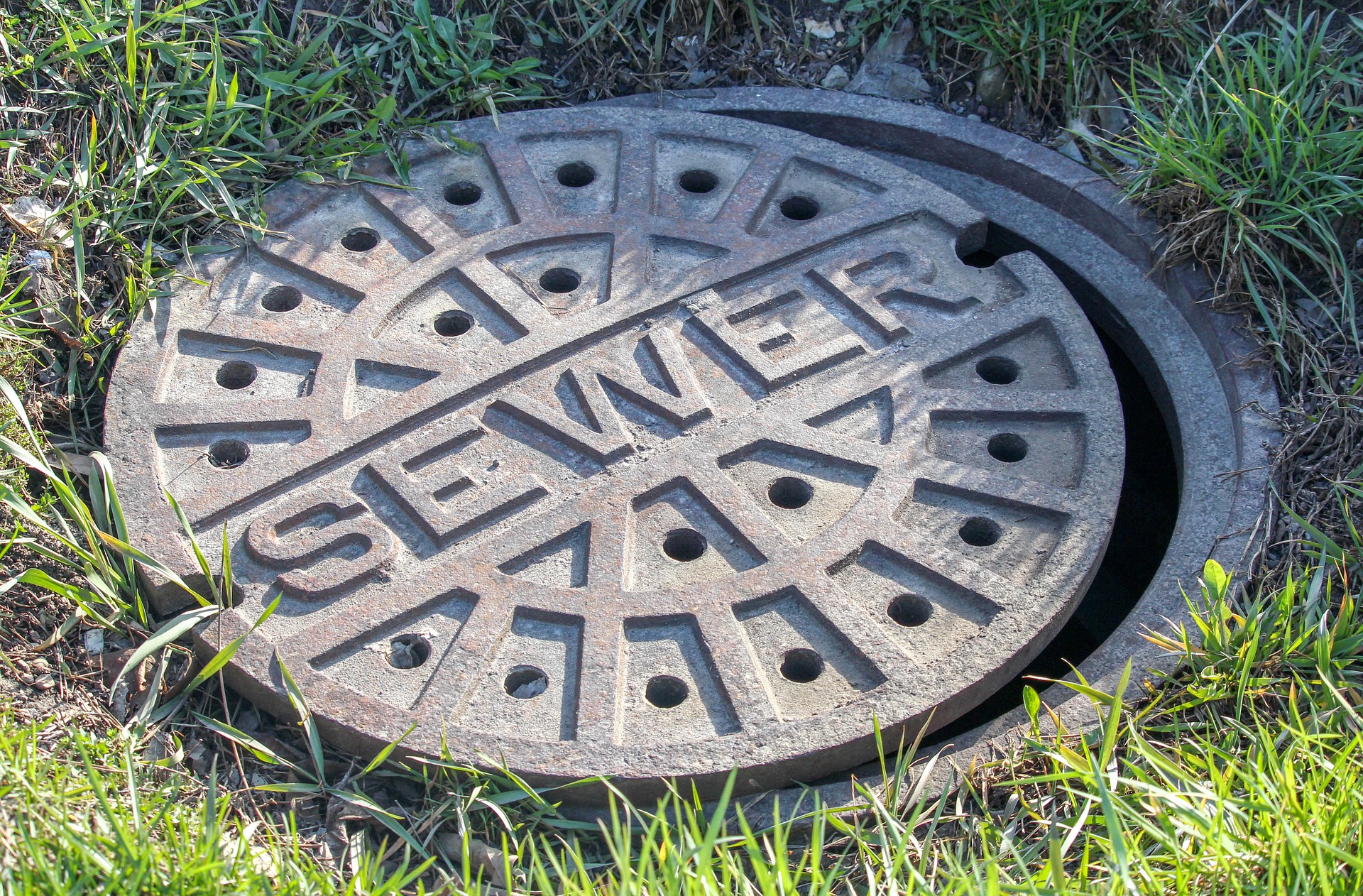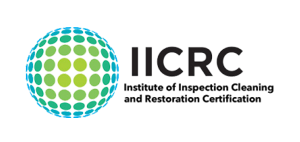When facing sewer backup, many homeowners are left wondering about the safety concerns associated with staying in their homes. Is it truly safe to remain in a house with sewer backup? This question raises valid concerns and challenges common beliefs about the risks involved. In this article, we will delve into the potential hazards of sewer backup and provide guidance on how to stay safe.
Sewer backup can introduce contaminated water, harmful bacteria, and unpleasant odors into your living environment. This raises concerns about health risks and the overall safety of staying in a house affected by sewer backup. It is essential to understand these risks and take appropriate measures to protect yourself and your loved ones.
In the following sections, we will explore the various aspects of sewer backup, including the health implications of exposure, immediate actions to take, professional cleanup procedures, prevention strategies, and more. By gaining a comprehensive understanding of the topic, you can make informed decisions and take the necessary steps to ensure your safety and well-being.
Key Takeaways:
- Sewer backup poses safety concerns and potential health risks.
- Exposed individuals may experience gastrointestinal issues, skin infections, and respiratory problems.
- Immediate actions, such as turning off electrical power and avoiding contact with sewage-contaminated water, can minimize risks.
- Professional cleanup and sanitation services are crucial for proper remediation.
- Long-term prevention strategies, including backwater valve installation and regular maintenance, can help prevent future sewer backups.
Understanding the Risks of Sewer Backup
Sewer backup poses significant health hazards due to the potential contamination of water. The contaminated water can harbor harmful bacteria, viruses, and parasites, putting individuals at risk of various illnesses. Gastrointestinal issues, skin infections, respiratory problems, and other health complications can arise from exposure to this contaminated water. It is essential to be aware of these hazards and take appropriate measures to protect your health and wellbeing.
In addition to contaminated water, sewer backup can also release hazardous sewage gases into the environment. These gases can lead to respiratory distress, headaches, and in extreme cases, loss of consciousness. The inhalation of these gases poses a serious threat to the respiratory system and overall well-being. Understanding the risks associated with sewer backup is crucial for taking proactive measures to minimize exposure and safeguard your health.
Immediate Steps to Take During a Sewer Backup
When faced with a sewer backup, it is crucial to prioritize safety. Taking immediate actions can help ensure the well-being of individuals residing in affected homes. The following safety measures should be followed:
- Turn off electrical power to the affected areas. This helps minimize the risk of electric shock and potential damage to electrical systems.
- Avoid contact with sewage-contaminated water. Sewage water can contain harmful bacteria, viruses, and other pathogens that can cause illness and infections.
- Ensure proper ventilation in the area. Open windows and use fans to circulate fresh air, which can help dissipate unpleasant odors and reduce the concentration of harmful gases.
- Wear protective gear such as gloves, boots, and masks. This provides a physical barrier against direct contact with sewage and reduces the risk of exposure to airborne contaminants.
- Contact a professional plumber or sewer cleanup service immediately. These professionals have the expertise and equipment to handle sewer backups safely and effectively, ensuring proper remediation and minimizing health risks.
Implementing these immediate actions and safety measures can help individuals stay safe during a sewer backup and reduce the potential health hazards associated with exposure to sewage-contaminated environments.
Health Implications of Sewer Backup Exposure
Exposure to sewer backup can result in several diseases and infections. The risk of diseases from sewer backup is particularly high due to the contaminants present in the sewage. The contaminated environment created by the sewer backup can lead to several health effects of exposure. Common health implications include gastrointestinal infections, skin irritations, respiratory ailments, and eye infections.
Gastrointestinal infections can occur when sewage-contaminated water is ingested, leading to symptoms such as nausea, vomiting, diarrhea, and stomach cramps. Skin irritations can result from direct contact with the sewage or contaminated surfaces, causing rashes, itchiness, and inflammation. Respiratory ailments may arise from the inhalation of sewage gases, leading to coughing, shortness of breath, and respiratory distress. Eye infections can occur if contaminated water or particles come into contact with the eyes, causing redness, itching, and eye discharge.
It is important to note that certain individuals are more vulnerable to the health effects of exposure to sewer backup. Weakened immune systems can make individuals more susceptible to infections and diseases. The elderly and young children are also at higher risk due to their developing or compromised immune systems. These groups should exercise extra caution and seek medical attention promptly if symptoms occur after exposure.
If you experience symptoms such as nausea, vomiting, diarrhea, or fever after exposure to sewer backup, it is crucial to seek medical attention. A healthcare professional can evaluate your symptoms, provide appropriate treatment, and help safeguard your health. Prompt medical intervention is essential to minimize the potential long-term health complications that can arise from exposure to sewer backup.
Professional Cleanup and Sanitation Processes
When it comes to addressing sewer backup, professional cleanup and sanitation services are crucial. These experts possess the knowledge, equipment, and experience necessary to safely remove sewage, sanitize the affected areas, and mitigate potential health hazards.
Professional sewer cleanup teams follow industry-standard procedures to ensure thorough cleaning, disinfection, and odor control. They employ specialized techniques and products to effectively remove sewage and restore a sanitary environment.
By entrusting the cleanup to professionals, homeowners can have peace of mind knowing that the job will be handled with expertise and in accordance with sanitation procedures. DIY cleanup is strongly discouraged due to the inherent risks involved, including exposure to harmful pathogens.
For professional sewer cleanup, it is essential to contact a reputable and experienced company that specializes in sewage removal. These professionals not only handle the immediate cleanup but also provide valuable advice on preventing future sewer backups and maintaining a healthy environment.
Long-Term Effects and Prevention Strategies
Sewer backup can have significant long-term effects on a household’s structure and overall property. The prolonged exposure to moisture and contaminants can lead to structural damage, mold growth, and deterioration of building materials.
One of the main consequences of sewer backup is structural damage. The water and sewage that enter the property can weaken the foundations, walls, and floors over time. This can result in cracks, shifts, or even collapse in severe cases. To prevent structural damage, it is crucial to address sewer backup issues promptly and ensure proper remediation.
Another common long-term effect of sewer backup is the growth of mold. Moisture from the backup provides an ideal environment for mold spores to thrive, leading to the proliferation of mold colonies. Mold not only damages building materials but also poses health risks, especially for individuals with allergies or respiratory conditions. Timely action, such as drying and disinfecting affected areas, is essential to prevent mold growth.
Prevention is key to avoiding future sewer backups. Homeowners should consider implementing preventive measures such as installing backwater valves. These devices allow wastewater to flow out but prevent it from flowing back into the property. Regular maintenance of sewage systems is also vital to ensure proper functioning and detect any potential issues before they escalate.
Proper waste disposal is another preventive measure. Homeowners should avoid improper disposal of grease, paper products, and other solids that can clog the sewage system and contribute to backups. Being mindful of what goes down the drains can go a long way in preventing sewer backup in the first place.
Is It Safe to Stay in a House With Sewer Backup?
When faced with a sewer backup, it is generally not safe to stay in the house due to the health risks involved. Sewage water contains harmful bacteria, viruses, and parasites that can pose significant health hazards to occupants. However, in certain situations where temporary relocation is not possible, there are measures that can be taken to minimize exposure and reduce the health risks.
First and foremost, it is essential to seal off the affected areas to prevent the spread of contaminants throughout the house. This can be done by closing doors and using plastic sheeting or barriers to block off access. This will help contain the contaminated environment and reduce the risk of exposure.
Using air purifiers equipped with HEPA filters can also help improve indoor air quality by removing airborne particles and odors associated with the sewer backup. It is recommended to keep doors and windows open to facilitate ventilation and allow fresh air to circulate, further reducing the concentration of hazardous substances.
It is crucial to avoid direct contact with contaminated surfaces, as they can harbor harmful pathogens. This includes avoiding walking on or touching carpeted areas, upholstery, and other porous materials that may have come into contact with the sewage water. Additionally, practicing proper hygiene, such as washing hands thoroughly and frequently, is vital in minimizing the risk of infection.
Consulting with professionals, such as plumbers or sewage cleanup services, is highly recommended to ensure proper remediation and to receive expert guidance tailored to the specific situation. They can assess the extent of the contamination, conduct thorough cleanup and disinfection, and provide advice on additional safety measures to protect the occupants’ health.
While staying in a house with sewer backup is not advisable due to the potential health risks, implementing these preventive measures can help reduce exposure and protect the well-being of the occupants. However, it is essential to consider the severity of the situation and consult with professionals and healthcare providers for individual guidance and recommendations.
Insurance and Financial Considerations
Dealing with sewer backup can have significant financial implications. Homeowners’ insurance policies may or may not cover sewer backup-related damages, depending on the specifics of the policy.
It is essential to review insurance coverage in advance and understand the claim process. Documenting the damage, contacting the insurance provider promptly, and seeking professional help for accurate cost estimates are key steps in filing a successful claim.
When it comes to sewer backup insurance, it’s important to know what is covered and what is not. Some policies may offer coverage for property damage caused by sewer backup, while others may require a separate endorsement or add-on policy specifically for sewer backup.
Before an incident occurs, homeowners should consult with their insurance agent or provider to ensure they have adequate coverage in place. It may be necessary to assess the level of risk in the area and consider additional coverage options.
When filing a claim for sewer backup damage, it’s crucial to provide detailed documentation and evidence of the incident. This includes photographs or videos of the affected areas, a list of damaged items, and records of any expenses incurred as a result of the backup.
It is also advisable to seek professional help for accurate cost estimates and repairs. Insurance providers often require estimates from licensed contractors or restoration companies to determine the value of the claim.
Remember that filing a claim for sewer backup damage may affect future insurance premiums. It is important to weigh the financial implications before deciding to file a claim.
Overall, understanding your insurance coverage, documenting the damage, and seeking professional help are essential steps in dealing with the financial aspects of sewer backup incidents. By being proactive and adequately prepared, homeowners can navigate the process smoothly and recover financially from the impact of sewer backups.
Conclusion
Sewer backup can have serious implications for the health and safety of individuals living in affected homes. To minimize exposure and effectively address the issue, it is essential to take immediate action. This includes contacting professionals who specialize in sewer cleanup and following safety precautions to protect oneself from harmful contaminants.
Additionally, implementing long-term prevention strategies can help prevent future sewer backups. Regular maintenance of sewage systems, proper disposal of waste, and the installation of backwater valves are important preventive measures to consider.
Furthermore, having appropriate insurance coverage is crucial in mitigating the financial impact of sewer backup incidents. Reviewing insurance policies in advance and understanding the claim process can ensure a smoother and more successful filing experience.
Remember, professional assistance is essential throughout the entire sewer backup cleanup process. Experts have the knowledge, experience, and equipment to safely remove sewage, sanitize affected areas, and minimize health risks. By taking the necessary steps and seeking professional help, individuals can protect themselves and their homes from the adverse effects of sewer backup.







